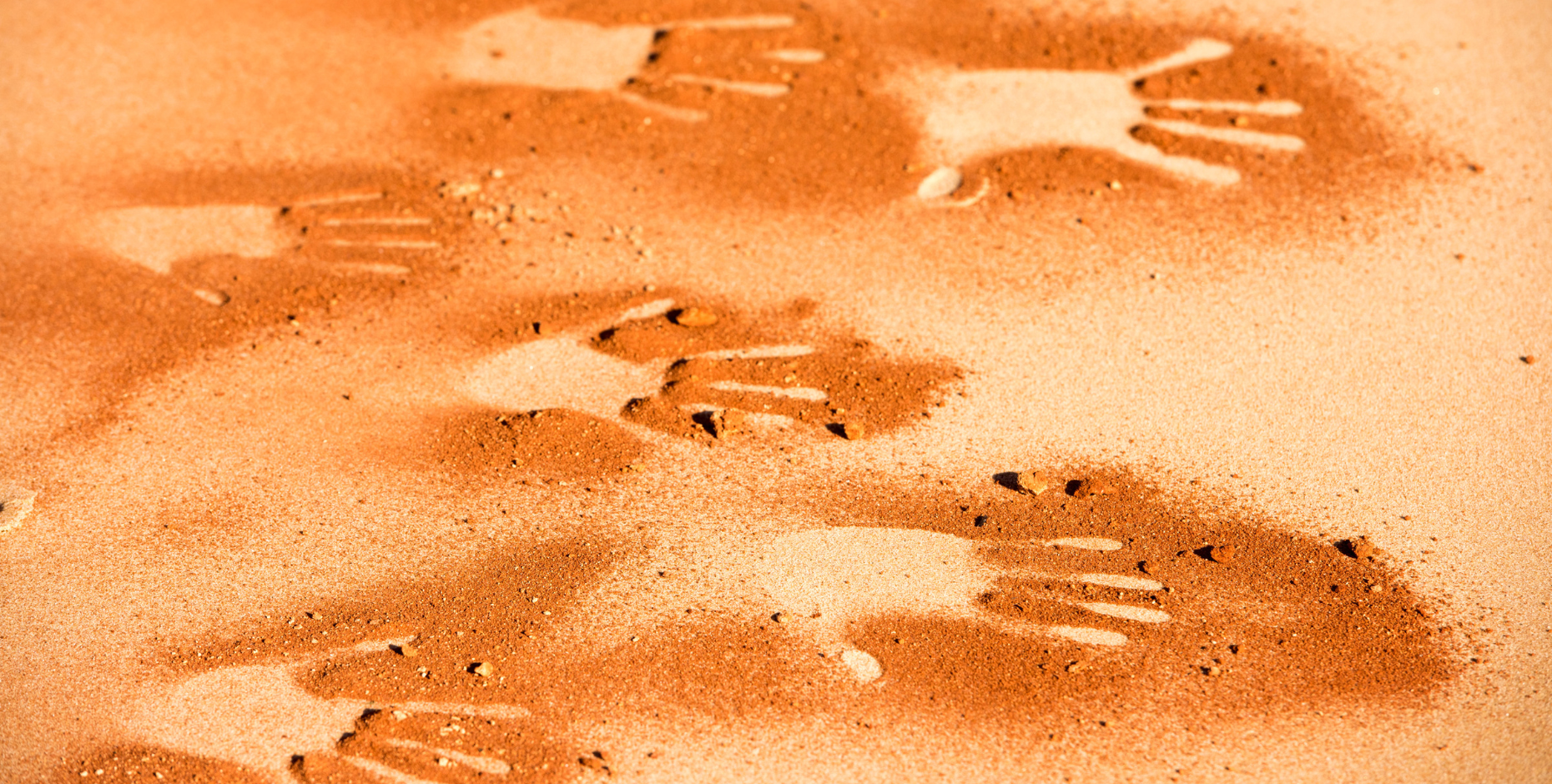
The Australian Physiotherapy Association (APA) proudly supports National Reconciliation Week 2024, taking place from 27 May to 3 June. This year's theme, "Now More Than Ever," emphasises the importance of continued efforts towards justice and the rights of Aboriginal and Torres Strait Islander peoples.
APA National President and Palawa man Scott Willis says this week highlights the ongoing need for our country to reflect on colonisation and the current day impacts it has on the health determinants for First Nations peoples.
‘National Reconciliation Week is a crucial time for all Australians to reflect on our shared histories and take collective action towards a reconciled future. Now, more than ever, we must stand together to uphold the rights and voices of First Nations peoples, tackle racism, and foster respect and understanding,’ Mr Willis said.
Cultural safety in healthcare is paramount to improving health outcomes for Aboriginal and Torres Strait Islander peoples. According to the Australian Institute of Health and Welfare, 32 per cent of Indigenous Australians in 2018-19 who did not access health services when needed, identified cultural reasons, language problems and discrimination as barriers. This highlights the need for a health system that respects Indigenous cultural values and addresses racism and inequity.
‘We’re a long way from reducing the health gap between First Nations peoples and non-Indigenous Australians. To start achieving real change and respecting First Nations peoples, we need to remove the barriers to accessing healthcare. Cultural safety is one of the first barriers that non-Indigenous practitioners can work towards, by improving their communication, being respectful of their treatment and empowering their First Nations patient in the decision making process.’
‘Understanding our history and the cultural and social determinants is a great start, but acknowledging intergenerational trauma and ongoing discrimination, respecting and engaging with Indigenous-led research, and leading your own path to cultural competency greatly helps address the negative impacts on First Nations peoples’ health outcomes of the current system.’
‘Physiotherapy, and the wider allied health industry, play an essential role in improving health outcomes for First Nations peoples. Physiotherapists provide their patients with the skills and strategies to address a range of conditions, and to prevent and manage chronic disease. However, there is low utilisation of physiotherapy among First Nations peoples. This is underpinned by a distrust of the health system, a lack of understanding of the role of physiotherapy, financial barriers, and limited access to culturally safe services. Our country needs to do better in supporting First Nations people now more than ever, to ensure we close the gap,” Mr Willis said.
National Reconciliation Week commemorates significant milestones, including the 1967 referendum and the High Court Mabo decision. It is a time for education, truth-telling, and meaningful engagement in reconciliation activities.
The APA is committed to reconciliation and is currently in the development stages of our next Reconciliation Action Plan (RAP). This plan will outline the APA’s continued efforts to support Aboriginal and Torres Strait Islander health outcomes and strengthen our relationships with these communities.
‘Through our RAP, the APA embeds reconciliation into the core of our organisation and empowers our members to contribute positively to this important national movement. Cultural safety is not just an ‘add-on’; it is essential to ensuring equitable health outcomes for First Nations peoples,’ Mr Willis said.
For further information, please contact:
Manager, Media and PR
Tel: 03 9092 0838
Email: media@australian.physio
Related tags
